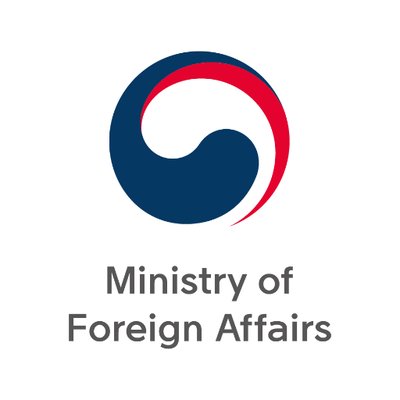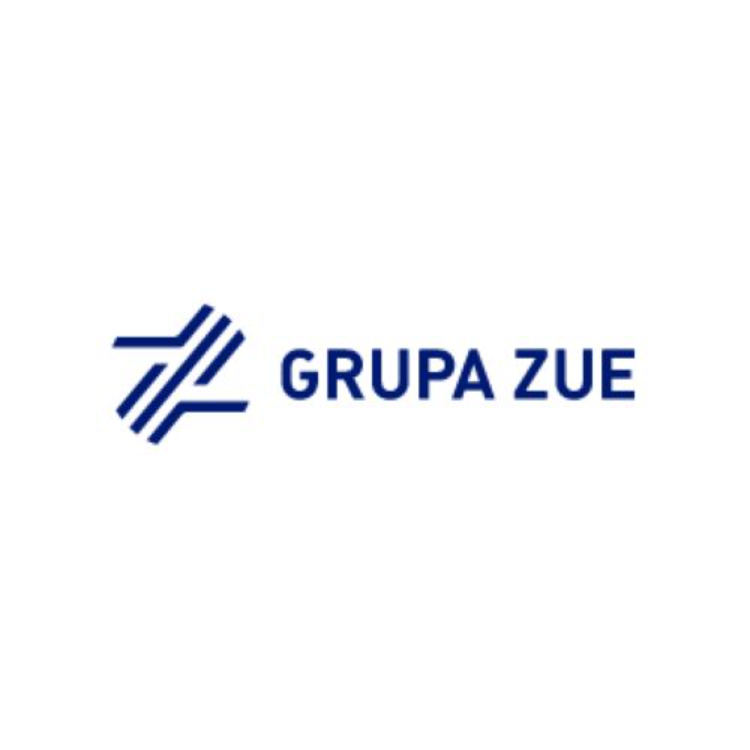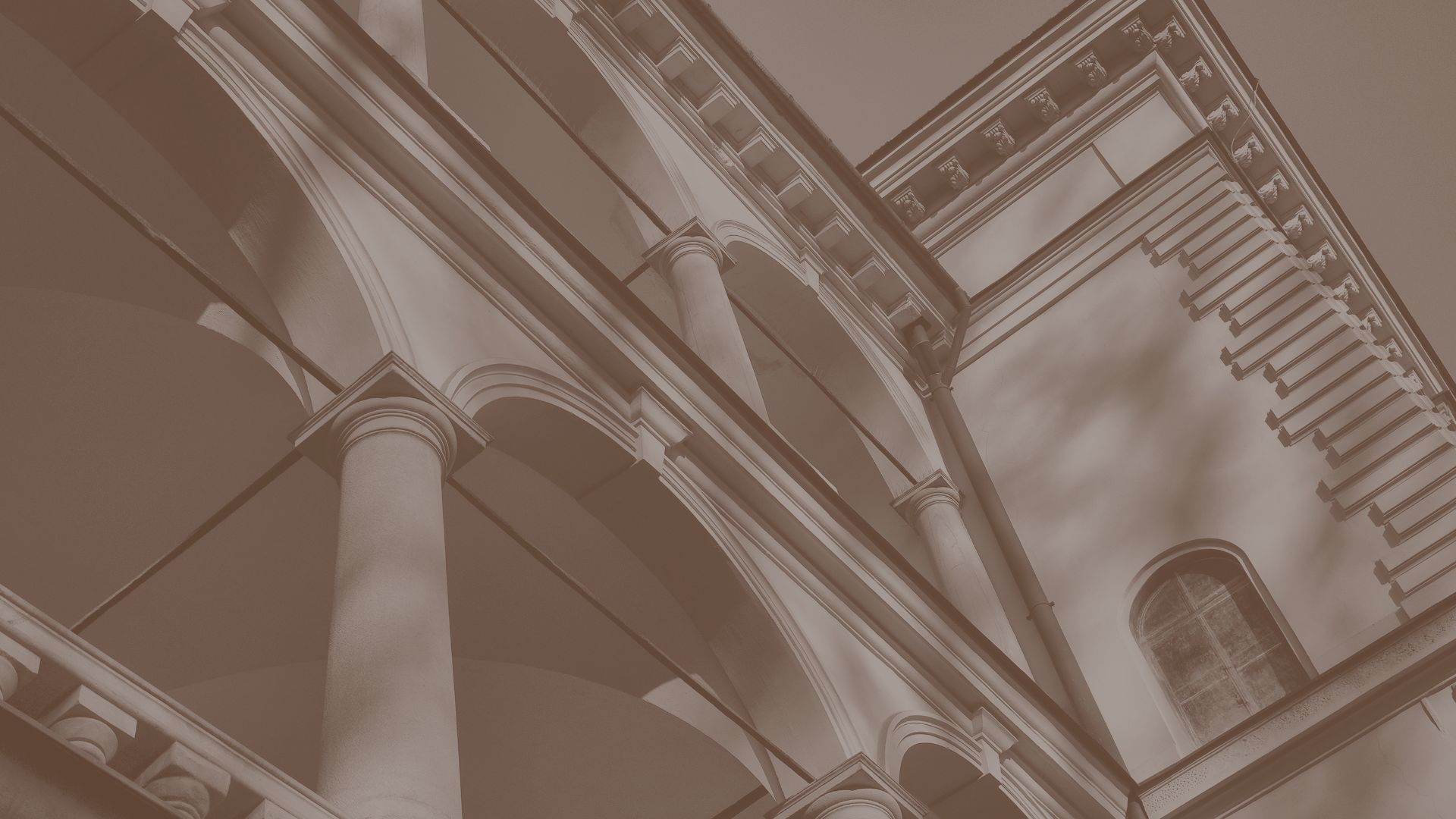Cultural Diplomacy
Visegrad Summer School
About the project
We are excited to announce that applications are now open for the 23rd edition of the Visegrad Summer School! This year’s edition will focus on the future of international cooperation and the challenges surrounding global relations. Don’t miss out—apply now!
The Visegrad Summer School is a 10-day program held in Krakow at Villa Decius, bringing together young professionals from the Visegrad Group, Central and Eastern Europe, and the Western Balkans. Since its 20th anniversary edition, the project has embraced a “Future Literacy” approach, fostering innovative thinking and the exploration of new solutions. It is a space for learning, exchanging ideas, and building lasting connections. Participants are encouraged to break away from conventional thinking, engage in interdisciplinary dialogues, and develop strong networks.
The program covers topics related to international relations, emerging technologies, development trends, and social and cultural management, equipping participants with the skills to address the challenges of tomorrow.
The application deadline is April 4, 2025.
More information: https://www.visegradsummerschool.org/
Facebook: https://www.facebook.com/VisegradSummerSchool/
About Partners & Sponsors:
The 23rd Visegrad Summer School is organized by the Villa Decius Association in Krakow, in collaboration with key partners from Central Europe: Bratislava Policy Institute, Václav Havel Library, and Magyar Centrum – Centrum Węgierskie.
The program is supported by the International Visegrad Fund, the Ministry of Foreign Affairs of the Republic of Korea, the Municipality of Krakow, and private sponsors, including Grupa ZUE.
Photoreport: 20th Anniversary Edition of the Visegrad Summer School
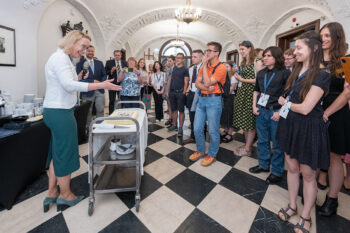
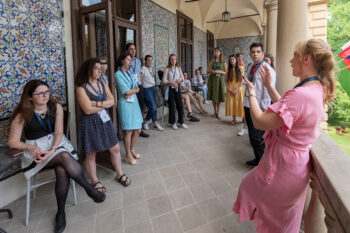
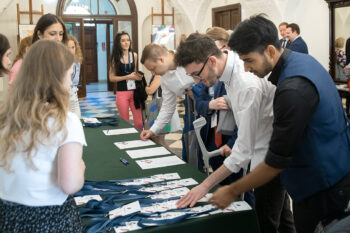
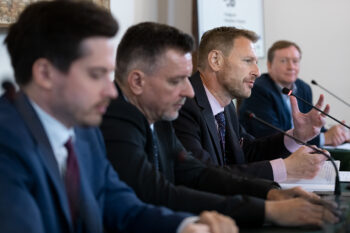
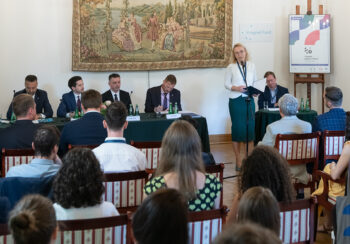
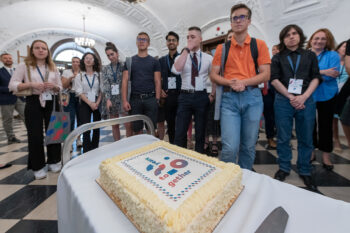
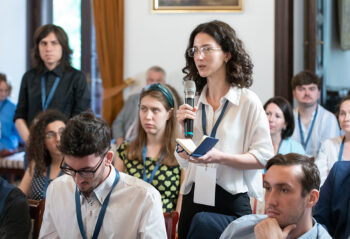
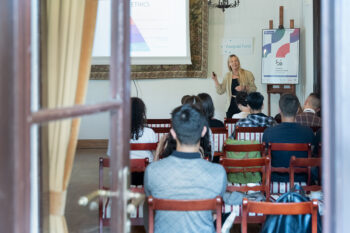
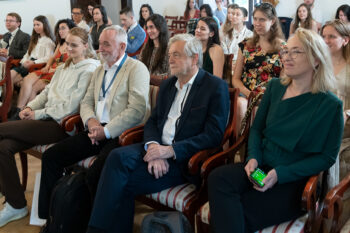
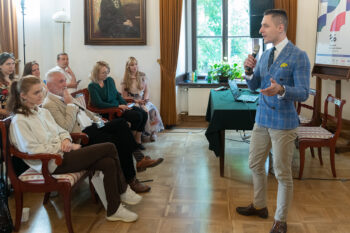
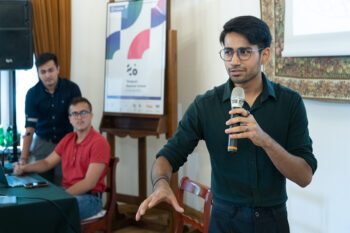
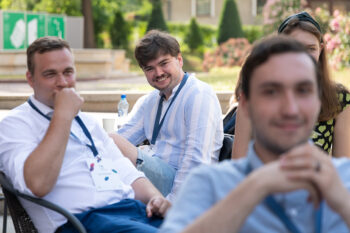
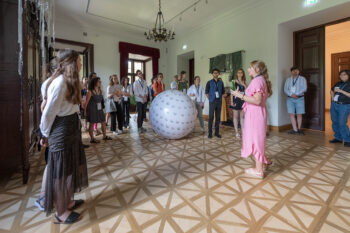
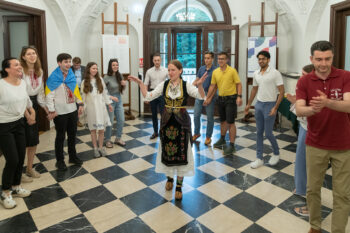
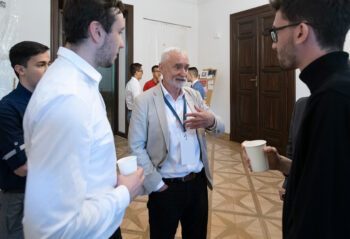
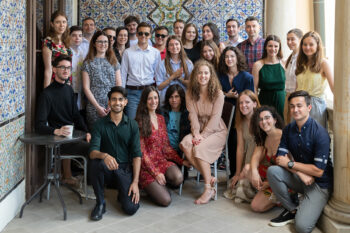
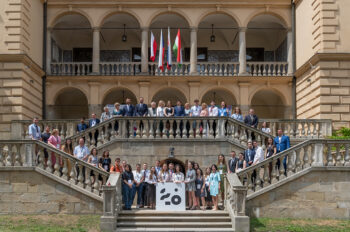
Sponsors:

